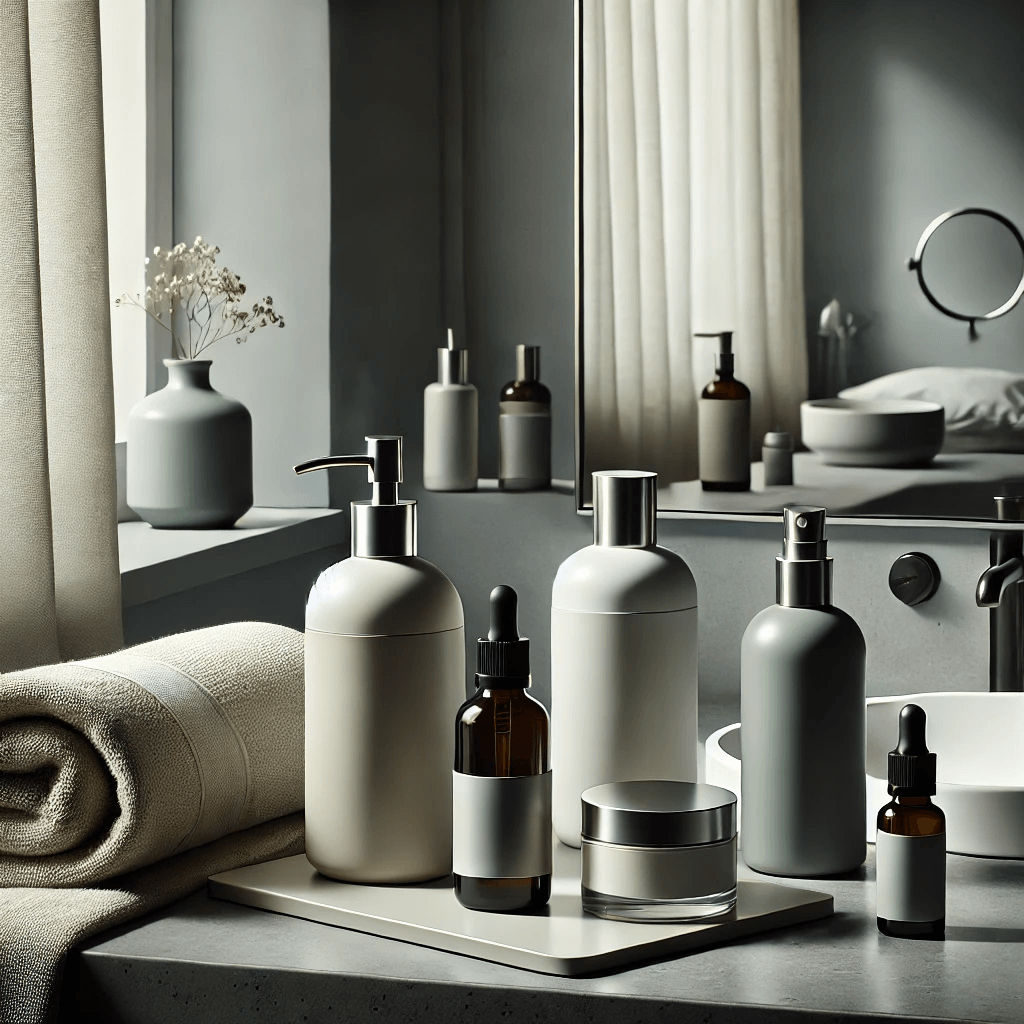Is Toner Necessary? Decoding the Hype Around Toner in Skincare
IN THIS ARTICLE
The Pros and Cons of Using Toners
The Difference Between Toners and Essences
How to Use Toner Properly
Benefits for Oily and Acne-Prone Skin
You may have heard beauty bloggers and influencers rave about adding toner to their skincare routine. But is it just another hyped-up product or does it actually have any benefits? When it comes to skincare, it is essential to separate marketing gimmicks from scientific facts to determine which products are genuinely beneficial for your skin. In this blog post, we will decode the hype around toners in skincare and help you make an informed decision on whether you need a toner in your skincare routine or not.
The Pros and Cons of Using Toners
One of the issues with toners is that they are often marketed as a solution to all skin problems. In fact, there is no universal definition for what a toner is. Toners are touted to tighten pores, restore balance to the skin's pH, remove excess oil, and prevent breakouts. While it sounds like an all-in-one skincare solution, it is unlikely that one product can solve all your skin concerns. Also, some toners contain alcohol that can be drying and irritating to the skin. It is essential to read the ingredient list of the toner carefully and choose one that suits your skin type and concerns.
Understanding the Difference Between Toners and Essences
Another marketing tactic used by skincare brands is to differentiate toners from essence. Often, a toner is presented as a refreshing water-based product, while an essence contains more active ingredients and is positioned as a potent serum. The truth is that the line between a toner and an essence is often blurry, and the terms are used interchangeably. Some toners may contain active ingredients like Vitamin C, Hyaluronic acid, or Salicylic acid, making them more similar to an essence than you might think.
How to Use Toner Properly
If you are using a toner, use it with purpose and intention. It should only be used if it provides an active ingredient that is not available in other steps of your skincare routine. For example, if your cleanser does not contain any chemical exfoliant yet you wish to lightly exfoliate, then toners with alpha hydroxy acids in a water base can be used after cleansing and before applying your serum and moisturizer. Additionally, if you are looking to add extra antioxidants that are not present in your serums, toners with antioxidants can also be beneficial. However, one should never use toner as a double cleanser mechanism - simply cleanse twice with the cleanser. Make sure to be familiar with the active ingredients found in your toner so that you can maximize its effectiveness.
Benefits of Toners for Oily and Acne-Prone Skin
Toners can be useful for those with oily, acne-prone skin, as these individuals cannot use heavier products that may contribute to the production of excess oil. The lightweight nature of toners allows them to be quickly absorbed into the skin without leaving a greasy residue behind, making them ideal for this type of complexion. By providing an extra layer of hydration, toners can help to balance out oil production and keep skin feeling soft and refreshed.
The Final Takeaway
In conclusion, toners can be useful in skincare, but they are not a mandatory step in your routine. If you have oily, acne-prone skin, you may benefit from using a toner containing ingredients like Salicylic acid. If you have dry, sensitive skin, you may want to skip toner or choose a hydrating toner that contains gentle ingredients like Aloe Vera or Chamomile. Always do your research and read the ingredient list before buying a toner. Don't fall for marketing gimmicks that claim toners are a miracle solution to all skin problems. Remember, skincare is all about listening to the needs of your skin, and adopting a customized routine that works for you.

















